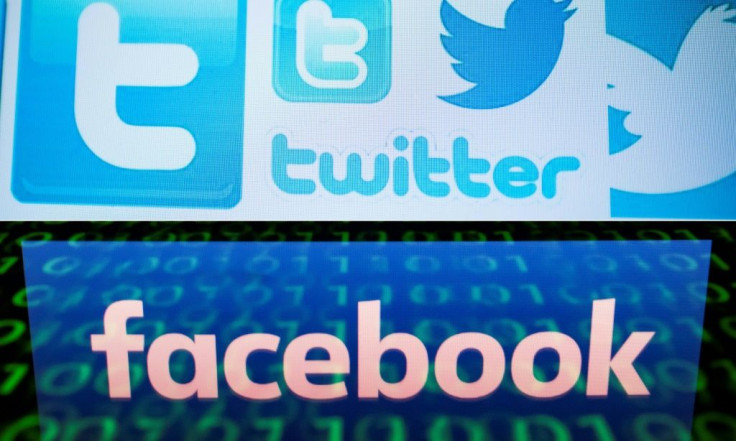Why We Need to Do A Better Job Policing The Streets Of Social Media

Imagine you buy a billboard on a busy downtown street in a major metropolitan area. Then, one day, the Ku Klux Klan holds a rally right in the middle of that street, and most of the photos appearing in media coverage feature your billboard right behind the heads of everyone spewing hate speech.
That’s some pretty bad PR. But it gets worse.
Now imagine a large share of the people who see those images misinterpret them as your company’s endorsement of the Ku Klux Klan – as if you put that billboard up just for the rally to show your support of racism – and your marketing people are spending all their time explaining you had no idea that rally was even going to take place.
It’s enough to make you swear off billboard advertising altogether, isn’t it? And it’s a pretty fair analogy of what’s happening right now in social media.
Last week, The Anti-Defamation League issued an open letter to Facebook with the hashtag #StopHateForProfit, imploring Mark Zuckerberg and his team to institute much stronger measures for limiting or eliminating any content featuring sexism, racism or any other hate speech based on discriminatory ideology.
At the same time, Coca-Cola, Unilever, Eddie Bauer and dozens of other brands have declared a moratorium on advertising on Facebook, YouTube and other social platforms as a vote of “no confidence” when it comes to ensuring their ads won’t appear near content that conflicts with their corporate values.
Is this fair? You bet it is.
Not long ago, I wrote another editorial regarding Twitter’s newly proposed policy of flagging inaccurate, inflammatory language in an effort to serve the greater good. One of the most important points I tried to make is that the First Amendment guarantees our right to free speech as long as it doesn’t incite illegal activity or violence – in any form – against others.
Facebook and most other social platforms fall tragically short when it comes to protecting its readers and advertisers from being exposed to, or associated with, such content.
Michael Priem is CEO of Modern Impact
© Copyright IBTimes 2025. All rights reserved.



















